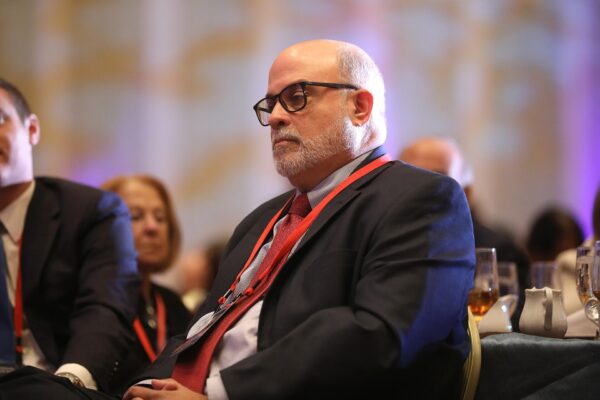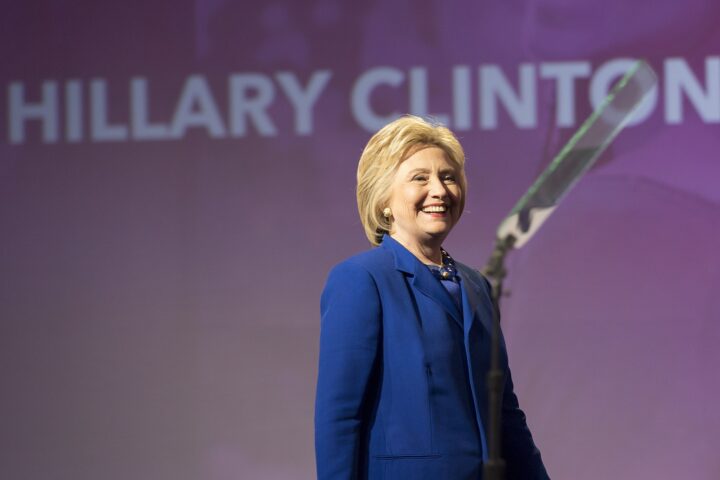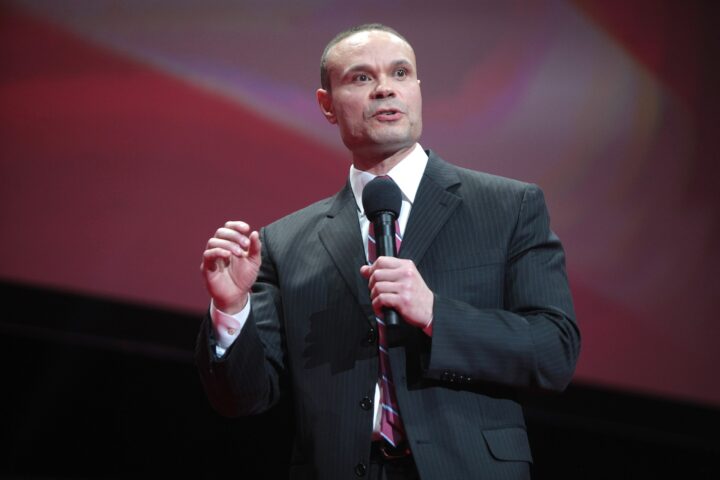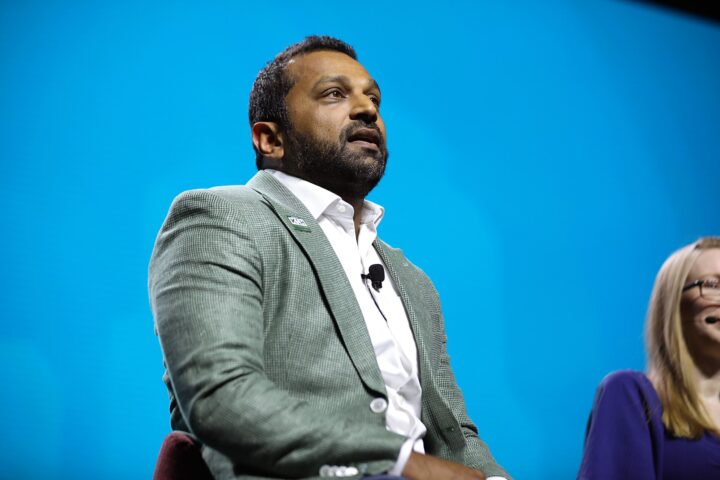In a sharp exchange on social media, Fox News host Mark Levin reportedly lashed out at former colleague Tucker Carlson, accusing him of undermining President Donald Trump and promoting anti-Semitic sentiments.
This public feud has escalated in the context of rising tensions between the United States, Israel, and Iran following recent military actions.
The conflict ignited when Carlson claimed Levin was “lobbying for war with Iran” during a visit to the White House. Levin, responding to these allegations, referred to Carlson as “a loathsome ass” and denied any suggestion that American forces should bomb Iran.
He asserted that Carlson was spreading falsehoods and “planting stories” to damage reputations.
The backdrop of their dispute centers on the recent escalation of military operations in the Middle East. Following Israel’s airstrikes on Iranian military targets, which included nuclear facilities, Iran retaliated with missile strikes on Tel Aviv.
These developments have heightened concerns about a broader conflict, complicating diplomatic efforts in the region. Trump’s envoy to the Middle East was scheduled to meet with Iranian officials shortly after the strikes, but Tehran’s withdrawal from negotiations underscored the precarious situation.
In his critique, Carlson characterized himself as part of a broader movement advocating for peace, contrasting himself with what he termed “warmongers.”
He included figures like Levin and Sean Hannity in this category, suggesting that they were pushing for unnecessary military engagement.
“The real divide isn’t between people who support Israel and those who support Iran,” he wrote. “It’s between those who casually encourage violence and those who seek to prevent it.”
Levin responded vehemently, asserting that Carlson’s actions were detrimental to Trump’s leadership and the safety of American forces. He accused Carlson of being “a reckless and deceitful propagandist,” claiming that his rhetoric provides comfort to enemies of the United States.
“You don’t give a damn about our armed forces,” Levin declared, emphasizing the seriousness of the ongoing conflict.
As tensions continue to simmer, this feud highlights the rifts within conservative media regarding foreign policy and military involvement.
The exchange between Levin and Carlson reflects deeper ideological divides about how best to approach conflicts in the Middle East and the role of the U.S. in international relations.
With the specter of war looming, the public discourse among these influential media figures raises critical questions about the narratives shaping American policy and the implications for future diplomatic efforts.
As both sides dig in, the debate over military engagement and its consequences remains a contentious issue within the broader conservative movement.
[READ MORE: Second Federal Judge Rules Against Trump]








